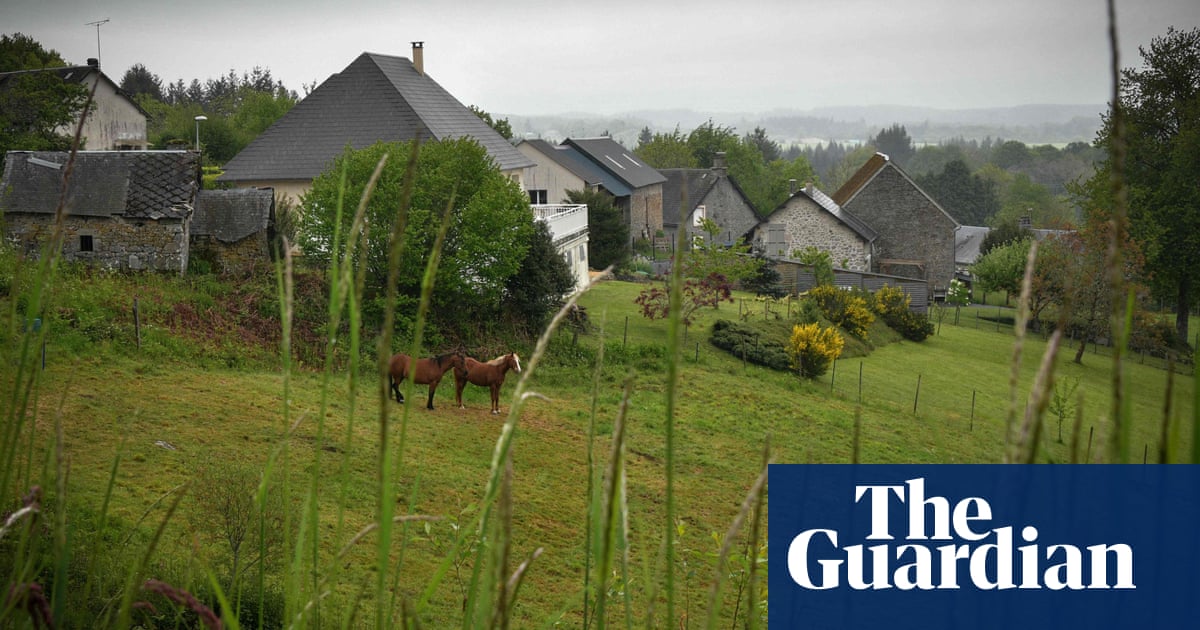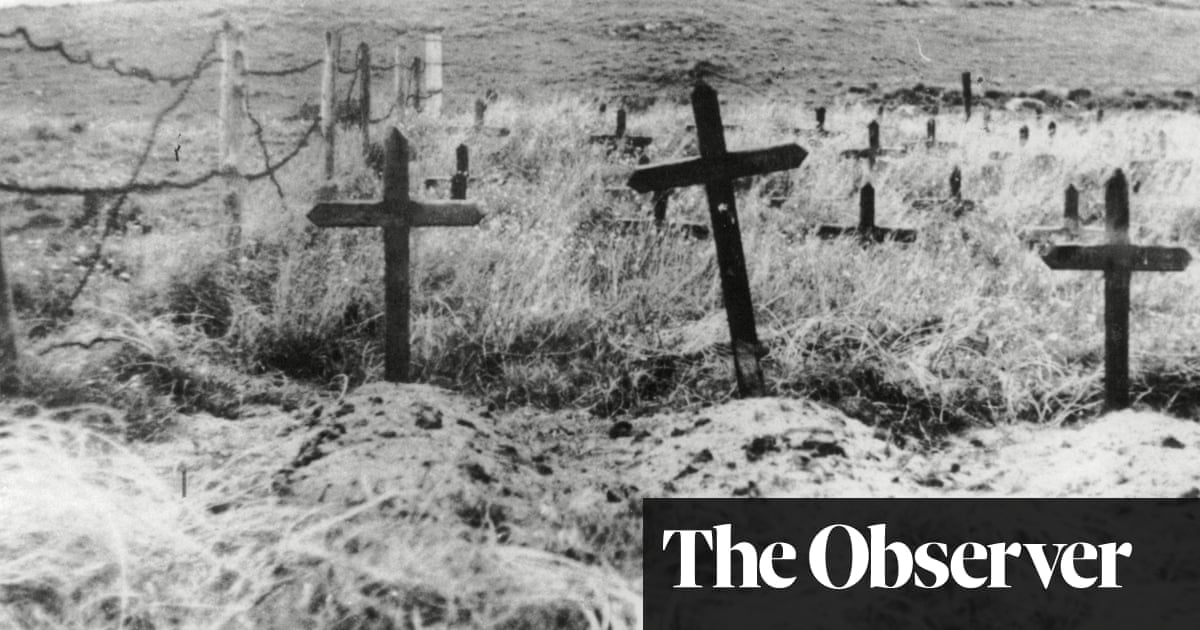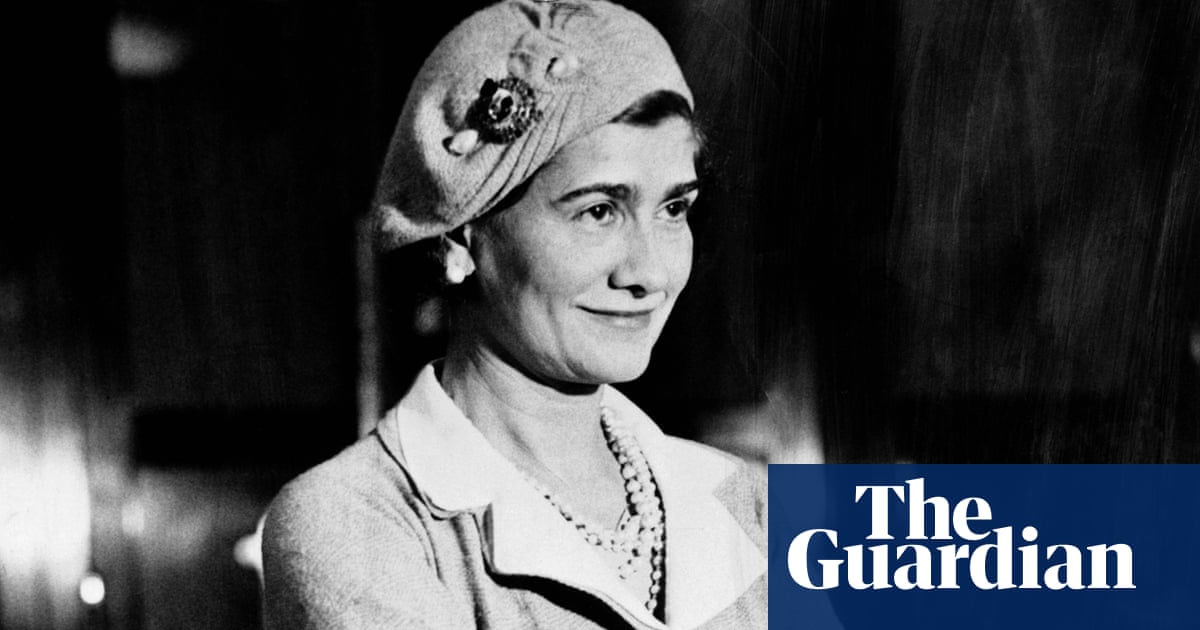
French and German authorities are preparing to dig in search of a mass grave in a forest in Corrèze after a 98-year-old former French resistance fighter who had kept silent for decades described the summary execution of German soldiers there in 1944.
Edmond Réveil spoke to local media this week about how, as an 18-year-old officer for the resistance on 12 June 1944, he had witnessed the mass execution of 47 German soldiers and one French woman accused of collaborating with the Gestapo.
Réveil first spoke about the killings at a veterans’ meeting in 2019, but he did not go to the media. As authorities now prepare to search a wooded area near the village of Meymac and dig in coming months, he told his story to the local paper La Montagne and other local media.
Réveil, who was codenamed “Butterfly” when he became a teenage resistance liaison officer, told France Bleu radio on Thursday that he had waited so long to speak out because he had been under pressure to stay quiet at the time. “It had to stay secret – it was wrong to shoot prisoners.”
But he felt now, at his advanced age, and as the only surviving witness, that “it had to become public.” He said there was a certain amount of shame because shooting prisoners of war was not permitted, but there had been people in the area who were aware of what happened.
He told local television: “The world has to know what happened there. It is a historical truth.”
La Montagne reported that a first dig took place in 1967 and found the remains of 11 people. France’s national veterans office is working alongside the German war graves commission to find the site, using ground-penetrating radar, in the hope of exhuming and identifying the remains of more than 30 people, which would be returned to their families.
Xavier Kompa, the head of the national veterans office in Corrèze, told AFP: “France is obliged to return these remains under the Geneva conventions and a Franco-German accord signed in 1966.” He said German authorities would decide where the remains would be taken.
Réveil acknowledged in the media that he had known the exact forest spot at the time, saying that he and three or four others had refused to take part in the summary execution but had witnessed it. But he said the foliage and landscape had considerably changed since then.
He said the German soldiers and the unnamed female collaborator had been part of a group who were taken prisoner during an attack on the town of Tulle in June 1944.
They were marched through the forest at night to an area near Meymac but it was hard to keep them prisoner. An order was given to shoot them. They were first forced to dig their own graves. He said the resistance officer in charge, who was from Alsace and spoke German, told them individually that they would be killed, and cried as he did so. Then each resistance fighter volunteered to shoot one person each. Réveil said he did not take part.
Central France was witness to particularly brutal killings in 1944, and Réveil’s account places the summary execution as part of a buildup of violence. After resistance fighters had attacked German troops in Tulle in June, an SS division later hanged 99 men and deported 149 others, most of whom would die in concentration camps. The summary execution near Meymac, described by Réveil, took place days later. He told RTL radio it was seen as “an eye for an eye, a tooth for a tooth”.












